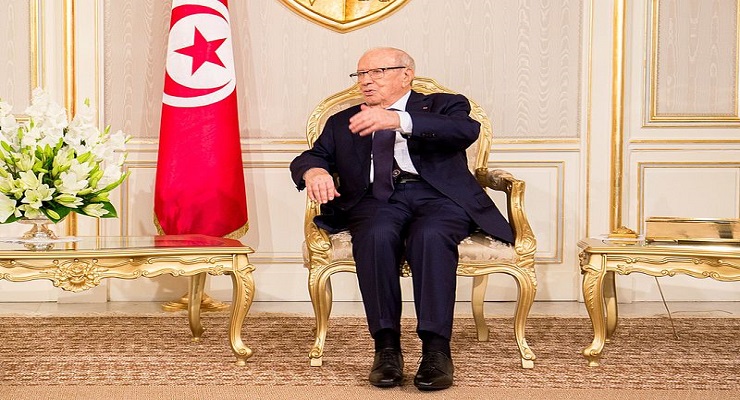
Mohammed Bouazizi’s self-immolation sparked a “wave of pro-democracy protests and uprisings that took place in the Middle East and North Africa beginning in 2010 and 2011, challenging some of the region’s entrenched authoritarian regimes.” This is what became known as the “Arab Spring”.
However, only Tunisia succeeded to make a transition to democracy following the Spring. Every other Arab Spring affected country has since returned to dictatorship or is currently destabilised. But this does not mean that Tunisia is completely out of the picture of threats to democratic advancement in North Africa and the Middle East.
Jonathan Fenton-Harvey, argues that Saudi Arabia and the United Arab Emirates (UAE) are two regional neighbours who fear that a successful transformation in Tunisia could threaten their own regional interests. As a result, they have continuously sought to undermine its relatively successful reformist path.
Fenton-Harvey shows how these countries have sponsored democratic reversals, attempts at overthrowing democracy and chaos in Egypt, Sudan and Libya, respectively. Fenton outlines the motives behind the actions of these regimes that are clearly acting as rogue State and enemies of freedoms of their own people and people elsewhere. He argues that,
Both Riyadh and Abu Dhabi apparently fear that greater democratic transformations would not only undermine their regional geopolitical influence but trigger reformist calls within their own borders. Both have sought to stem the growth of political Islam, which could also upset a traditional regional status quo that ensures their survival.
In the case of Tunisia’s democratic transition, they fear further democratic successes in the country could inspire people elsewhere to follow the same democratic path, as was the case in 2011.
Both states also fear that democratic success in Tunisia would drive the country closer to Turkey and Qatar, given that both supported the Tunisian revolution. In addition, Qatar increased its investment in Tunisia following the revolution, largely to boost its fragile economy, indicating an increased alignment between Doha and post-revolution Tunisia.
Read more here.
Leave a Reply